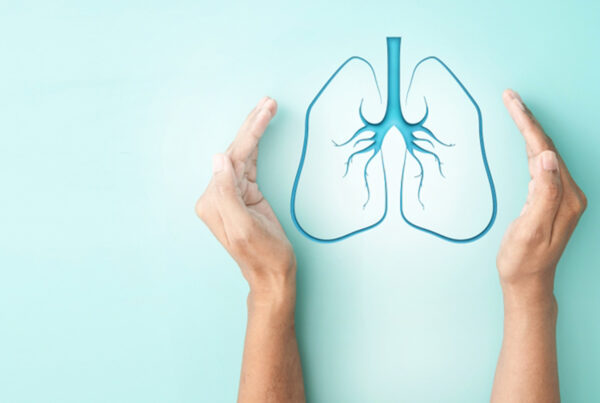Dengue is viral infection transmitted to humans through the bite of infected mosquito. Normally dengue is found is tropical & sub-tropical climates world-wide, mostly in urban & semi-urban areas. In severe cases dengue can be fatal & be life-threatening within few hours. This can lead to shock, internal bleeding, organ failure & even death. Dengue causes flu-like symptoms & lasts for 2-7 days if it’s get worse it may take 2-4 weeks, because there is no specific treatment for dengue yet. However, Dr. May suggest you to do exercise, to drink fluid, eat fruits etc.
Symptoms
Dengue mosquito has white cells on their body which can be identified easily. Symptoms requires high fever, severe headache, pain behind the back, muscles & joint pains, nausea, vomiting, rash, swollen glands, etc. Most people recover from dengue without admitting in hospitals. During dengue nobody should eat caffeine & sugary beverage it can dehydrate the body. According to “CDC” white pattern of scales on its body that looks like an ancient Greek musical instrument called Lyre.
If you’re dealing with dengue fever, focusing on proper nutrition and hydration is crucial for recovery. Here are some dietary recommendations to help manage symptoms and support your body:
1. Stay Hydrated
• Water: Drink plenty of water to stay hydrated.
- Oral Rehydration Solutions (ORS): These are specially formulated to replace lost fluids and electrolytes.
- Coconut Water: This can be a good source of electrolytes.
- Clear Broths: Chicken or vegetable broth can help maintain hydration and provide some nutrients.
- Eat Light, Nutritious Foods
- Fruits: Opt for fruits that are high in water content and vitamins, such as oranges, papayas, and apples. Papaya leaf extract has been traditionally used to help increase platelet counts, though scientific evidence is limited.
- Vegetables: Cooked vegetables like carrots, spinach, and squash are easy on the stomach and provide essential nutrients.
- Plain Rice: This is easy to digest and can help provide energy.
- Bananas: They are gentle on the stomach and provide potassium.
- Include Proteins
- Lean Proteins: Foods like chicken, fish, or tofu can help in maintaining strength.
- Eggs: These are a good source of protein and nutrients.
- Avoid Certain Foods
- Fatty Foods: These can be hard to digest and may cause additional discomfort.
- Spicy Foods: Spices can irritate the digestive system.
- Caffeinated Beverages: These can contribute to dehydration.
- Monitor Symptoms and Consult Healthcare Providers
- Platelet Count: In severe cases, platelet levels need to be monitored. If your platelet count drops significantly, consult your doctor for advice on dietary adjustments and medical treatment.
We’ve to follow our healthcare provider’s advice regarding diet and treatment, as they can provide personalized recommendations based on our specific condition and needs.




